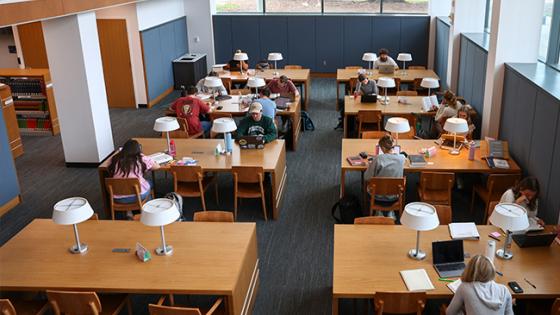As the semester progresses, the workload can become overwhelming. Here are comprehensive strategies to help you manage your time and stay on top of your studies:

Effective Study Strategies for the Busy Season
1. Prioritize Your Tasks:
Create a Task List
Start by listing all your assignments, tests, projects, and extracurricular commitments. Use a tool like Trello, Todoist, or a simple notebook to organize your tasks.
Prioritization Methods
Consider using prioritization methods like the Eisenhower Matrix, which categorizes tasks into four quadrants: urgent and important, important but not urgent, urgent but not important, and neither urgent nor important. Focus on completing tasks in the first two quadrants first.
Set Deadlines
Break down larger projects into smaller, actionable steps, and set deadlines for each step. For example, if you have a research paper due in three weeks, your first step might be to choose a topic and gather sources by the end of the first week.
2. Use Active Study Techniques:
Active Recall
Instead of passively reading your notes, actively engage with the material by testing your memory. For instance, after reading a chapter, close the book and write down everything you remember. Then, go back and fill in the gaps.
Spaced Repetition
Use spaced repetition software (SRS) like Anki to review flashcards at increasing intervals. This technique helps reinforce memory retention over time.
Teach Back Method
One of the most effective ways to solidify your understanding of a topic is to teach it to someone else. Explain concepts to a friend, family member, or even to yourself in the mirror. If you can teach it clearly, you’ve mastered it.
3. Balance Study and Rest:
Pomodoro Technique
Use the Pomodoro Technique to structure your study sessions. Work for 25 minutes, then take a 5-minute break. After four sessions, take a longer break of 15-30 minutes. This method keeps you focused while preventing burnout.
Active Breaks
During breaks, engage in activities that relax and refresh your mind, such as stretching, walking, or practicing deep breathing exercises. Avoid screen time during these breaks to give your eyes a rest.
Sleep Hygiene
Prioritize getting 7-9 hours of sleep each night. Good sleep hygiene includes maintaining a consistent sleep schedule, creating a relaxing bedtime routine, and keeping your sleep environment cool, dark, and quiet.
4. Seek Support:
Academic Resources
Utilize resources available to you, such as tutoring centers, writing labs, and office hours. Don’t wait until you’re struggling to seek help—be proactive about clarifying concepts and improving your skills.
Peer Collaboration
Join or form study groups with classmates. Group study can provide different perspectives on difficult topics and create a support system that keeps you accountable.
Mental Health
If you’re feeling overwhelmed, consider speaking with a school counselor or mental health professional. Managing stress is crucial for maintaining both your academic performance and overall well-being.
By implementing these strategies, you can effectively manage your workload, reduce stress, and achieve academic success throughout the busy season.